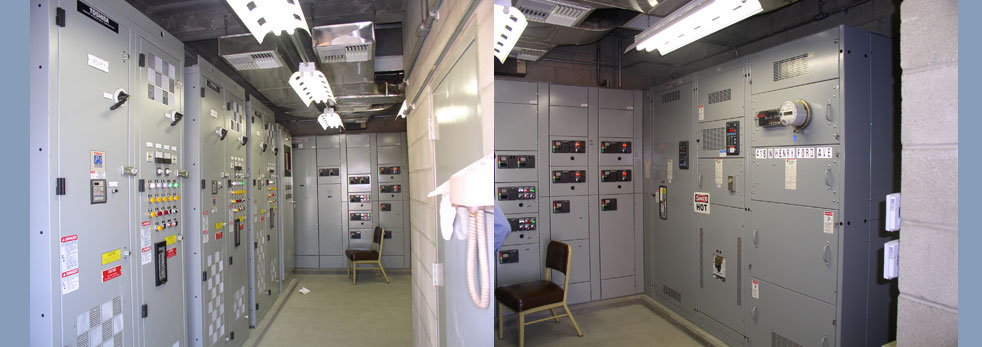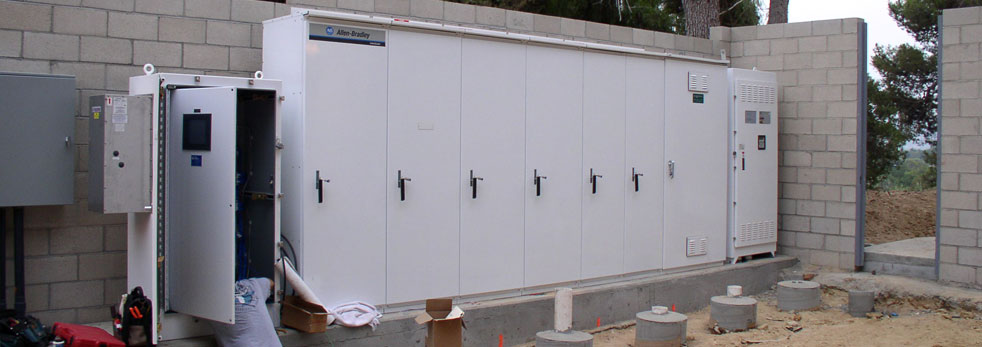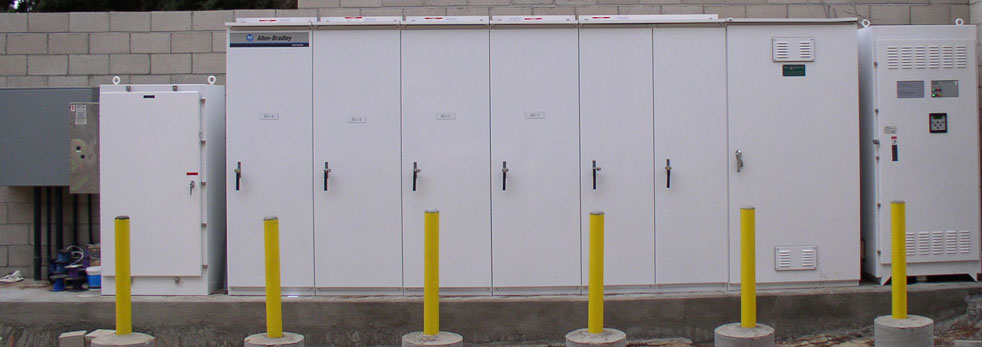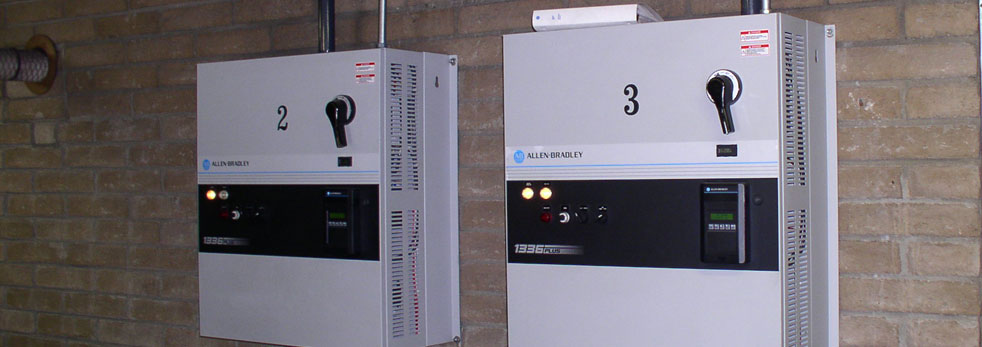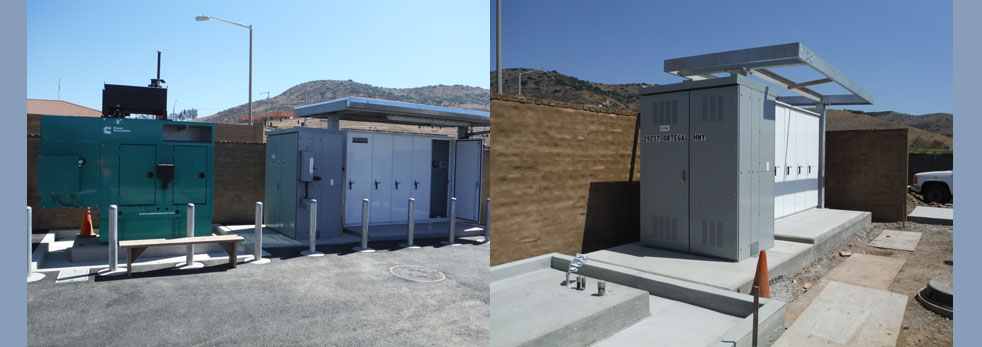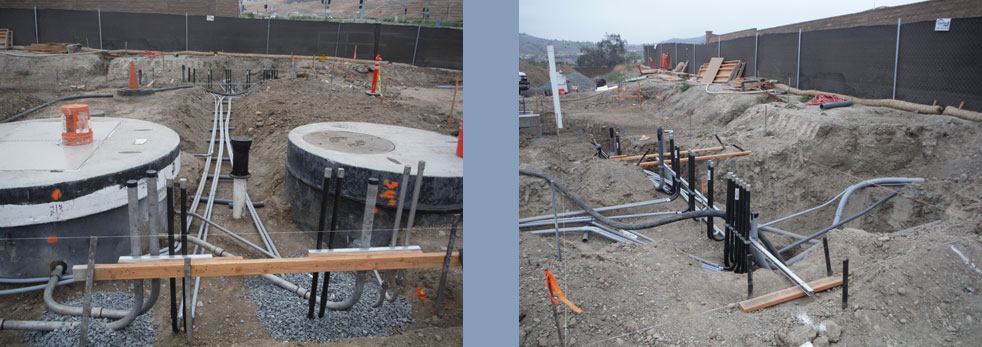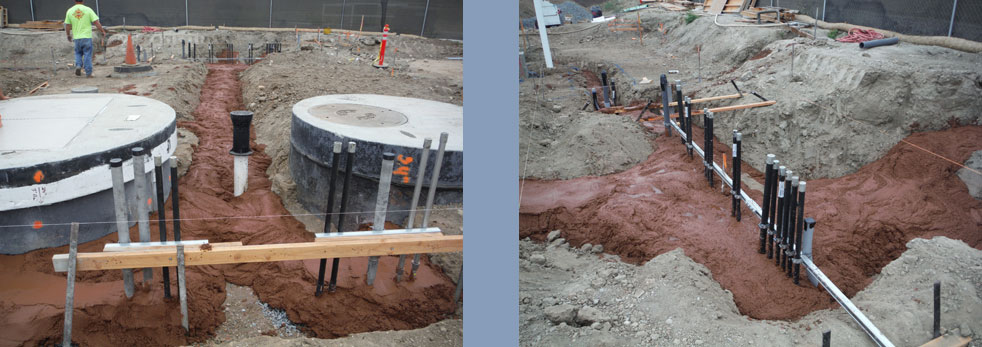-
Watch Out for Weatherheads!
November 19, 2014
 Category: Electrical Safety
Category: Electrical Safety  Comments:
Comments: -
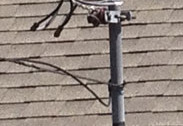
What’s a Weatherhead?
A weatherhead is a waterproof cap that protects a service drop—the point where overhead electric wires from a power pole enter a building, usually via a hollow metal pole called a service mast. (You may also hear it called a weather cap, service head, or service entrance cap). The weatherhead is shaped like a hood, with one side sloping down so that moisture will flow off and away from the connection. The electric wires enter the mast through the underside of this hood, typically through watertight rubberized gaskets.
Know the Risks
While weatherheads are designed to stand up to wind, rain, and snow, they are vulnerable to impact from solid objects, like tools or fallen tree branches...
Read More -
Select the Right Outlet
October 24, 2014
 Category: Electrical Safety
Category: Electrical Safety  Comments:
Comments: -
To keep your family safe from electrical shock, use ground fault circuit interrupter (GFCI) outlets in the kitchen, bathrooms, garages, and anyplace where electrical devices can come in contact with water. Other places to use GFCIs: around the swimming pool or spa, and where you use power tools and gardening equipment. GFCI outlets can sense unsafe electrical hazards and they automatically shut off power before a serious injury or
electrocution occurs.To learn more about installing GFCI outlets, consult a qualified and licensed electrician.
Read More -
Be Careful With Plugs & Cords
October 20, 2014
 Category: Electrical Safety
Category: Electrical Safety  Comments:
Comments: -
Most of us use outlets and plugs every day. These common-sense tips are a good reminder.
- Grasp the plug, not the cord, to remove a power cord from an outlet
- Never use nails or staples to attach a cord
- Don’t kink, twist, bind, or walk on power cords
- Check your appliances periodically to make sure cords are in good condition
- Repair or replace cords that are damaged or brittle
- Three-pronged plugs absolutely need that grounding pin – never try to remove it
- Put plastic safety caps in all unused wall outlets
- Select an extension cord that is properly rated for your intended use
- Never overload extension cords or wall sockets
- Choose extension cords that are certified by a nationally recognized testing laboratory, such as UL, CSA, or ETA


